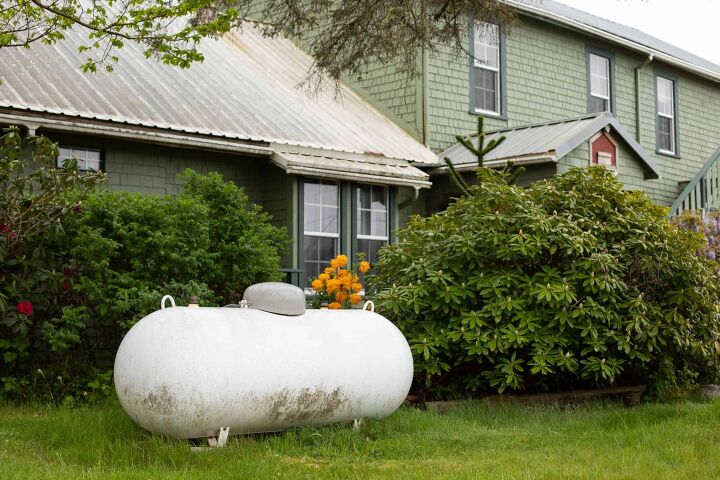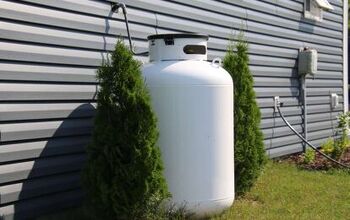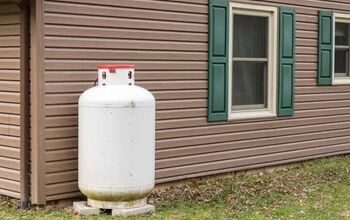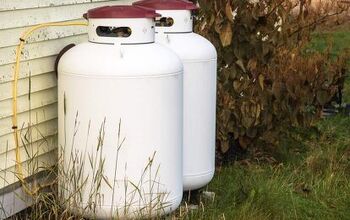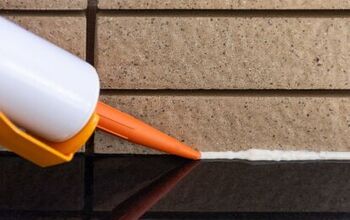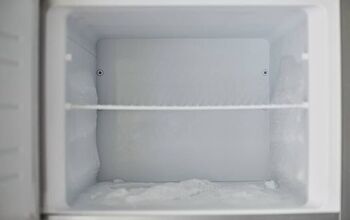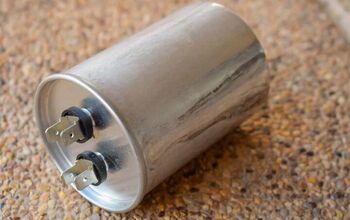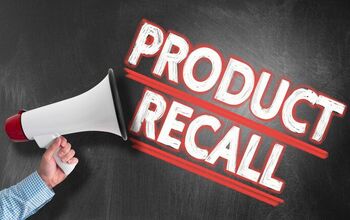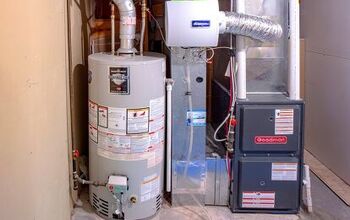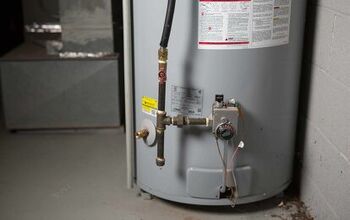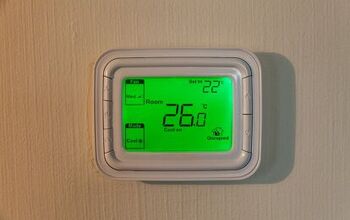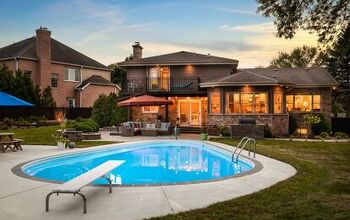Is It Cheaper To Heat A Home With Propane Or Electricity?

With only 5% of U.S. homes being heated by propane systems, you may be wondering if it is the correct choice of fuel for providing power to your home. When comparing the costs with traditional electric heating, propane is usually the cheaper option. Propane power also comes with other benefits not provided by electric grid power.
It is cheaper to heat your home with propane than it is to heat your home with electricity. Propane water heater costs can equal less than half of their electric counterparts. Heating your home with propane can also need to significantly reduced energy costs. The cost of propane itself differs depending on where you live.
In addition, propane is a cleaner energy source, as it burns cleaner and releases less greenhouse gases. You are also still able to use your appliances when there is a power outage! There are many other reasons why propane might be a great switch in power for your home.
It is important to first understand a few things about energy when considering which source will be better for your home.
Measuring Usage
Electricity
The amount of electricity used by an appliance is measured in kilowatt-hours (kWh). One kWh is equal to 1000 watt-hours (Wh). A watt-hour is equal to the power consumption of one watt for one hour. Your home electric bill is always measured in kWh.
Propane
Propane is usually simply measured and sold in gallons. Another common unit is the BTU. This is a thermal measuring unit, usually used with air conditioning and heating appliances. One gallon of propane is equal to approximately 91,500 BTUs of energy.
Comparing and Calculating
When deciding whether to convert your home from electricity to propane, a few simple calculations may help you decide. After a few conversions and comparisons, you will have a rough estimate if propane is a cheaper fuel for you.
Conversions
Energy provided by electricity and propane can be compared directly. The necessary conversion to know is that one gallon of propane is equal to 27 kWh. One gallon of propane is also equal to 91,500 BTUs. This means that one kWh is equal to 3,412 BTU/hr.
Example Calculations
An example electric bill might have used 1000 kWh at a rate of $0.10 per kWh. This would lead to an electric bill of $100. If converted to gallons of propane, this would equal about 37 gallons of propane needed to fuel the home.
Now, all you have to do is compare the price of propane to the amount of fuel necessary. In our example, the price of propane would have to be less than $2.70 per gallon in order to beat the $100 electric bill. If propane costs $2.00 per gallon in the example’s location, then the energy bill would only cost $74. That’s a 26 percent savings!
This is a simple example that does not account for a lot of variables. It still gives you a good estimate to help decide if propane is worth the switch for your home.
Things to Consider
The simple calculations above can help give you a rough estimate of the cost comparison between propane and electric power. However, there are many more nuances to consider when thinking about switching to propane power.
Maintenance
Propane is usually the cheaper fuel, but there are some maintenance costs that come with it. The tanks have to be refilled, either by taking them to a filling station or hiring a truck to come to you. Either way, this will be a small added expense.
Propane systems also require you to check and clean the lines occasionally. Residue and debris can build up in the supply lines. If you are experiencing clogs or blockages, you will have to clean out your lines or hire someone to do so.
For an electric-powered home, there is usually little to no maintenance for the average homeowner. If you are adverse to the maintenance tasks involved with propane, you may want to stick to electricity.
Location
Some states and local governments offer rebates and incentives for switching your power system to propane. You may receive a rebate when purchasing an appliance, such as a propane furnace or water heater.
If you do some research in your area, you may be surprised to find the savings and assistance that are available to you.
Appliance Differences
Some appliances will run cheaper on propane than others. Gas stoves are usually more efficient than their electric counterparts. Light bulbs are usually cheaper to run using electric power.
Propane water heaters are a commonly converted appliance in homes these days. Water is heated at almost twice the speed, leading to energy savings of 25% or more! Anything that supplies heat in your home will usually see a cost-saving when using propane.
Many families perform a partial conversion of appliances in their house. They may convert the water heater and the stove to propane power, while leaving the rest of the house on the electric grid.
Dependability
When using electricity, you are subject to possible power outages at any time. Propane offers a more dependable energy, as you are only limited by the amount of fuel you can store. Many homeowners employ a propane backup generator, which will allow appliances to run even when the power is out.
Propane or Electricity?
As discussed, the answer to this question will be different depending on your location and usage. However, propane will usually be the cheaper option, especially if it is being used for heating appliances.
The cost of propane will also be cheaper if you can have your tanks filled yourself. Propane delivery and tank rentals will quickly add to the costs involved with propane. If you are going through a lot of propane, the cost of delivery may be negligible.
Most families maximize their savings by doing a partial conversion of their home. Using electric grid power for lights and other non-heat related appliances is usually cheaper than a propane generator. For water heaters, clothes dryers, stovetops, and other heating appliances, propane will almost always be the cheaper option.
If you have decided to convert some or all of your home to propane power, see if it will be an additional savings to purchase your own tank.
Related Questions
Which Method of Heating is Better for the Environment?
Propane tends to win out when environmental impacts are taken into account. Propane is considered non-toxic and has a cleaner burn than most other fuels. Also, it does not harm the environment when spilled. Having a propane tank near your home is not a danger, apart from the obvious fire hazard.While electricity gives off zero emissions, the methods used to create electricity are usually not environmentally friendly. Around two-thirds of electricity is generated from fossil fuels, which is one of the leading causes of climate change.
Can Propane Be Used for Off-Grid Power?
Yes! Propane is a great solution for cabins, RVs, and other off-grid homes. A home powered by propane is not dependent on the electric grid. The propane can be easily transported anywhere that power is required.When compared to solar energy, another common “off-grid” power solution, the startup costs for propane are usually much cheaper.

We are a team of passionate homeowners, home improvement pros, and DIY enthusiasts who enjoy sharing home improvement, housekeeping, decorating, and more with other homeowners! Whether you're looking for a step-by-step guide on fixing an appliance or the cost of installing a fence, we've here to help.
More by Upgraded Home Team



